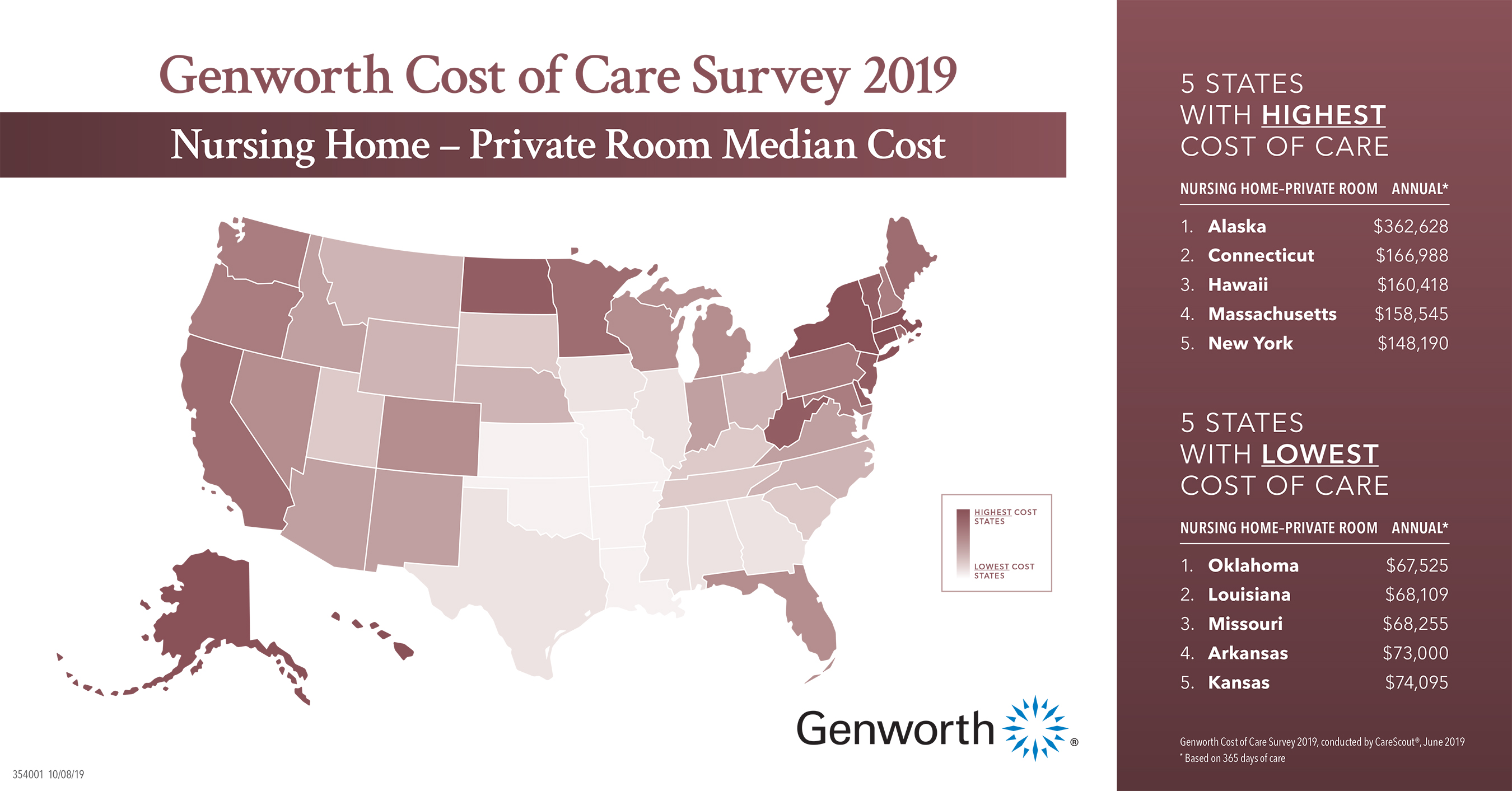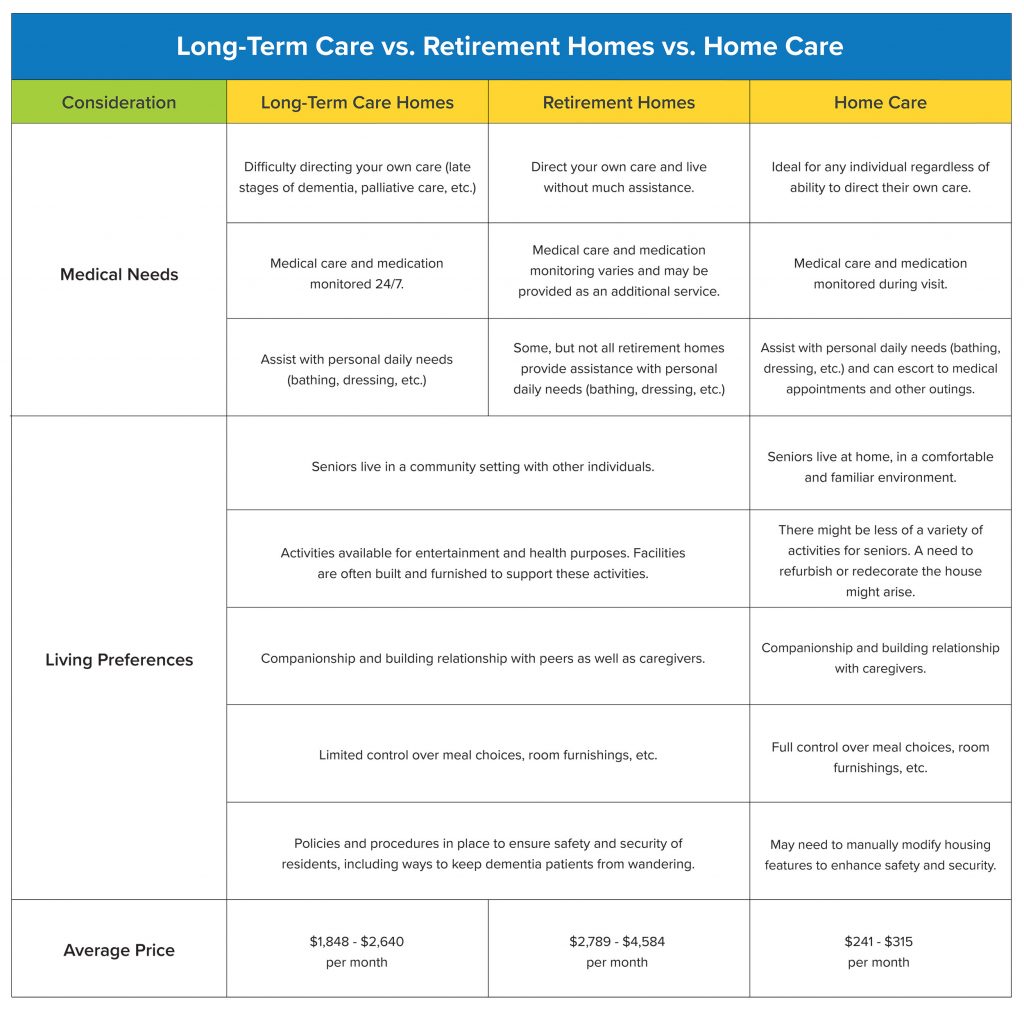


They also tend to have higher operational costs and are likely to charge more. Staffing level: Because of the current nursing shortage, people who require skilled nursing care may have to pay higher fees.įacility size: Larger facilities may offer more amenities and services. Length of stay: You may pay less out of pocket for short-term care than for long-term custodial care. Type of room: A shared room is more affordable than a private room. Your health status and the type of care you need: Someone who needs more intensive medical care or additional services, like rehabilitation, may pay more. The rates differ depending on factors like: The costs of living in a nursing home can vary significantly between facilities even when they are in the same state. What factors determine the cost of a nursing home? Nursing home rates have increased significantly in recent years, owing to COVID-19-related healthcare costs and labor shortages, as well as the growing number of people requiring long-term care services. The chart below compares the 2021 monthly average costs of nursing homes in different parts of the country: In Alaska, a nursing home private room can cost as much as $31,500 per month. That’s about $13,800 per month and nearly twice the cost of nursing homes in Texas. For instance, in Long Island, New York, you can expect to pay about $460 per day for a nursing home.

Private rooms cost about $1,000 more per month than semi-private rooms.ĭepending where you live, the price might be considerably above or below the average. According to a 2021 Genworth Cost of Care Survey, the national average cost for a nursing home ranges between $7,900 and $9,000 per month. The cost of nursing homes varies by geographic location. How much does a nursing home cost per month? However, many nursing home residents live there permanently because they need constant care. They can be a short-term option if you’re recovering from an illness or need rehabilitation.
#Nursing home compare cost professional
If a person just needs help with daily tasks, a licensed professional may not be required, and a home that offers what is commonly known as long-term or custodial care might be a good fit.Ī common misconception is that nursing homes are only for older people, but anyone who needs care that can’t be provided at home can stay at one of these facilities. In this case, the nursing home is called a skilled nursing facility (SNF). Some nursing homes also offer skilled care, which is when licensed professionals, like nurses and therapists, treat and manage residents’ medical conditions. Some nursing homes offer specialized care to help people with memory problems such as Alzheimer’s disease. What is a nursing home?Ī nursing home is a place for anyone who needs 24-hour medical care and supervision but is not sick enough to be in the hospital. It’s important to consider all the costs involved and various payment options to help make this life-changing transition easier. Nursing homes can be helpful if you or a loved one needs daily medical and personal care, but they can be more expensive than other long-term care options. These settings offer various levels of care and can provide assistance to those who need help with activities of daily living (ADLs), such as bathing and dressing. If your loved one can no longer live independently, you have likely considered a long-term care option like a nursing home.


 0 kommentar(er)
0 kommentar(er)
